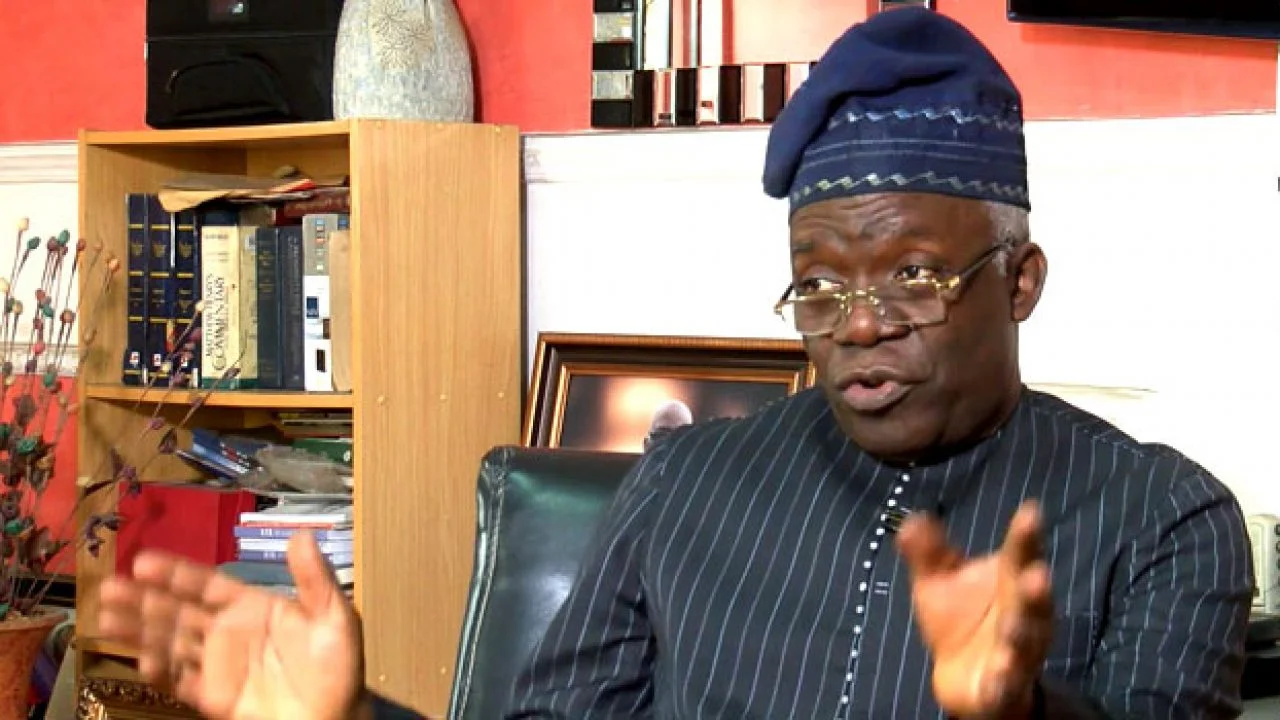Femi Falana, a distinguished Senior Advocate of Nigeria, has emphasized the critical necessity for the Nigerian
government to take decisive action in controlling the escalating prices of vital commodities, thereby safeguarding
the welfare of the majority of citizens as mandated by the Price Control Act. He stressed that such intervention is
paramount to prevent the monopolization of the nation’s economy by a privileged minority.
Falana’s assertions arise following his recent legal action against the federal government concerning its failure to
effectively regulate the soaring prices of essential goods. He argued that while affluent individuals may endure the
effects of inflation, ordinary Nigerians are increasingly grappling with the challenge of affording basic necessities
due to the laissez-faire approach currently adopted. He urged the government to promptly intervene in accordance
with extant legislation to alleviate the burdens faced by the populace.
The Senior Advocate questioned the government’s selective stance on price moderation, highlighting the disparity
in how certain sectors, such as electricity tariffs, telecommunications rates, and petrol costs, benefit from
subsidies to stabilize expenses. Conversely, essential commodities such as food, medications, and diesel have
experienced significant price surges, substantially diminishing the purchasing power of ordinary citizens.
Falana’s legal action underscores mounting concerns regarding the government’s inability to effectively tackle
the issue of escalating commodity prices, which has placed considerable strain on the livelihoods of millions
of Nigerians. The failure to curb inflation threatens to deepen poverty and widen the socioeconomic gap between
the affluent and marginalized segments of society.
The call for government intervention to enforce price controls reflects broader demands for socioeconomic fairness
and equality in Nigeria. Falana’s legal initiative acts as a catalyst for public discourse on the urgent necessity
for policy measures aimed at alleviating the financial hardships endured by the most vulnerable members of society.
As the government grapples with the task of balancing economic stability with social welfare, Falana’s advocacy
underscores the significance of prioritizing citizens’ well-being in policy-making endeavors. Concerted actions
are imperative to address systemic issues contributing to price hikes and ensure equitable access to essential
commodities for all Nigerians.
The outcome of Falana’s legal challenge against the federal government carries implications not only for the
immediate resolution of the price control predicament but also for broader deliberations on economic policy
formulation and implementation in Nigeria. It underscores the pivotal role of legal mechanisms in holding
government accountable and championing the interests of the populace.
In light of mounting pressure from civil society and legal advocates like Femi Falana, the Nigerian government
faces heightened expectations to proactively address the root causes of rising prices and enact policies that
foster economic inclusivity and social justice. Failure to do so risks exacerbating social tensions and eroding
public confidence in governmental institutions.
-7 October 2024




